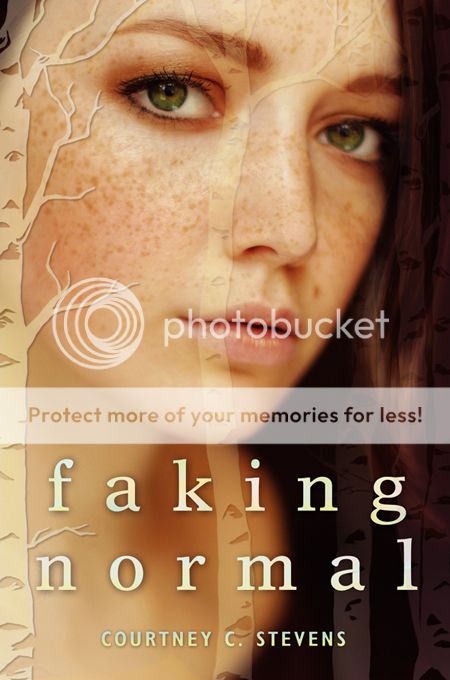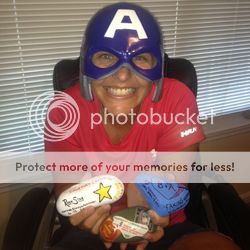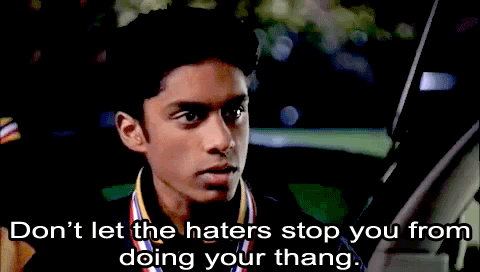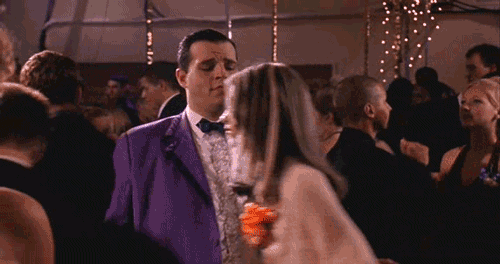I am BEYOND thrilled today to be able to host Courtney Stevens’ cover reveal for her debut YA Contemporary, FAKING NORMAL. Courtney is a dear friend of mine, and while I have not read FAKING NORMAL (yet!), I have read a bit of her other writing, including some involving a few of the characters from FN, and mark my words, friends: She’s going to be A Someone in the book world. I can feel it in my bones.
FAKING NORMAL doesn’t hit shelves until next February (not April! It got moved up! *happy dance*), but until then you can all salivate over the gorgeous cover. I could probably write a sonnet about how much I love it (her eyes! her freckles! the trees!), but I won’t. Instead, I’ll let you form your own opinions, while introducing you to Courtney. She’s a person worth knowing, friends.
Without further ado, here’s Courtney Stevens!
Hello awesome people! Before we get into the cover stuff, I want to thank all the bloggers and authors who are helping today with this reveal. This is such a fantastic and talented community, and I’m fortunate to be a part of it.
And now on to the main event, the cover of Faking Normal:
Designed by Laura Lyn DiSiena
Reasons I LOVE, LOVE, LOVE the cover:
1. It’s beautiful.
2. It tells a story without words.
3. Have you seen the awesome paper cut trees???
Here’s what the publisher (HarperTeen) has to say about Faking Normal:
Alexi Littrell hasn’t told anyone what happened to her over the summer. Ashamed and embarrassed, she hides in her closet and compulsively scratches the back of her neck, trying to make the outside hurt more than the inside does.
At school, nobody sees the scratches or her pain. The only person she connects with is the mysterious Captain Lyric, who writes song lyrics on her fourth-period desk for her to complete. With pencil marks and music, Alexi carves out a comfortable space for herself as she and the Captain finish each other’s songs – words on a desk feel safer than words spoken aloud.
But when Bodee Lennox, the quiet and awkward boy next door, comes to live with the Littrells, Alexi discovers an unlikely friend who understands her better than anyone. He has secrets of his own and knows all about suffering in silence. As they lean on each other for support, Alexi gives him the strength to deal with his past, and Bodee helps her find the courage to finally speak up.
With her powerful, moving debut novel, author Courtney C. Stevens emerges as an extraordinary new talent to watch.
Faking Normal will be released from HarperTeen on February 25, 2014. Yes, this is earlier than the date listed on Amazon.
About the author:
Courtney C. Stevens grew up in Kentucky and lives in Nashville, Tennessee. She is an adjunct professor and a former youth minister. Her other skills include playing hide-and-seek, climbing trees, and being an Olympic torch bearer. Faking Normal is her first novel.
The goods on the Cover Reveal Contest:
You don’t know me. Twitter doesn’t know me. Facebook doesn’t know me. Goodreads doesn’t know me. Amazon pre-sales doesn’t know me. (This is one of the great challenges of being a debut author.)
Please help change my anonymity by placing Faking Normal on the radar of readers, bloggers, reviewers, and you know … people who like to win stuff.
A few deets on the prize package-
The winner receives:
– A signed ARC of Faking Normal
– A hand-painted cover rock by Court
– Signed postcard
– Silicone “Channel Your Brave” bracelet
Since hand-painted cover rock isn’t usual book swag, I thought you might want a little background. In my little family, we paint rocks for significant events. I currently have three different book rocks that someone in my family made. One for when I got an agent, another for when I went out on submission, and finally one for when we sold Faking Normal.
I thought it would be cool if I shared the tradition with one lucky winner by making a cover-inspired rock.
(You might also be interested to know the bottom of the rock contains a spoiler: some of the first lyric quotes written by the main character and her Captain Lyric.)
Enter by filling out the Rafflecopter below.
(U.S. only. Giveaway ends July 8, 2013.)
You can find Courtney here:
Email – channelingbrave@gmail.com
And she would love if you would add Faking Normal to your Goodreads shelf and pre-order Faking Normal on Amazon.
Special thanks to the other bloggers and authors participating in the Faking Normal cover reveal:
S.R. Johannes (to be posted 6/27)
Josie at All Booked Up
Kai at Amaterasu Reads
Taherah at Books As You Know It
Jessica at Lovin’ Los Libros
Alli at Magnet 4 Books
Petra at Safari Poet
Jonathan at Scott Reads It













